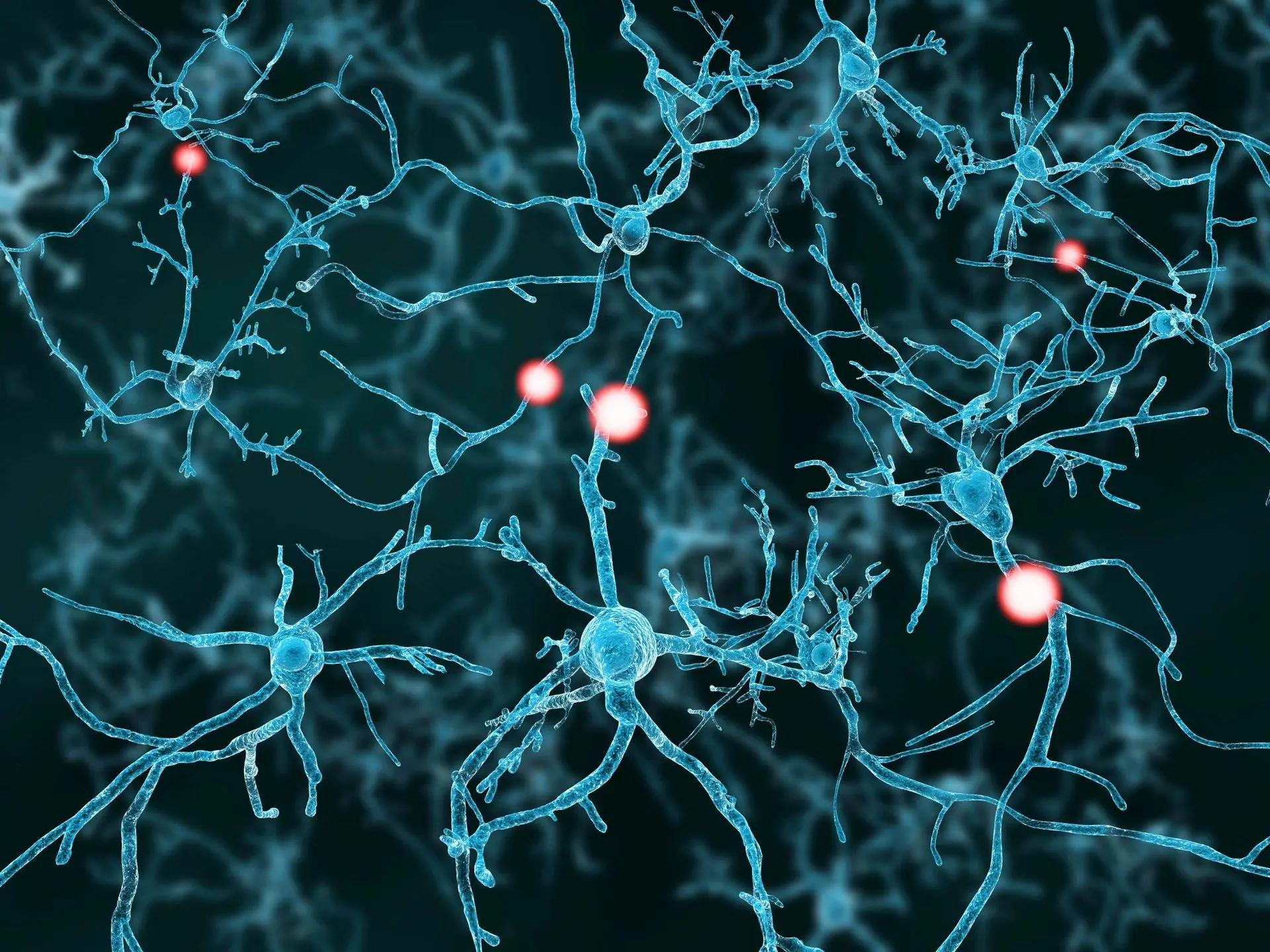
Our approach to cell and gene therapy
Cell and gene therapy are cutting-edge medical approaches aimed at treating or potentially curing various diseases by targeting the underlying genetic and cellular causes. Cell therapy involves the transplantation of healthy cells into a patient to replace or repair damaged or diseased cells. This approach can be used to regenerate tissues, boost the immune system, or restore normal function to affected organs. Gene therapy involves altering a patient's genetic material to treat or prevent disease. This can be achieved by introducing, removing, or modifying genes within a patient's cells.
Immune Cell and Gene Therapy
Combining immune cell therapy with gene therapy can provide a powerful approach to treating diseases. This involves genetically modifying immune cells to enhance their ability to fight cancer or other diseases. This approach provides the patient with the immune response that one wants them to have.
Chimeric antigen receptor (CAR) T cell therapy is a form of immune cell therapy that also utilizes gene therapy to modify T cells. In this case, a patient's T cells are extracted and genetically engineered to express receptors that specifically target a patient’s tumor cells. These genetically modified T cells are then expanded in the lab and reintroduced into the patient's body to seek out and destroy cancer cells. This combined approach can provide highly personalized and effective treatments, particularly for cancers that are resistant to conventional therapies.

Research Areas

Cancer
Cancer encompasses a wide range of diseases characterized by the uncontrolled growth and spread of these abnormal tumor cells. The pathological hallmark of cancer is the disruption of normal cell cycle regulation, leading to malignant tumor growth that can metastasize and impair vital bodily functions. While there are over 100 different types of cancer, they generally fall into several categories: carcinomas (cancers that begin in the skin or tissues lining internal organs), sarcomas (cancers in bone, cartilage, fat, muscle, or other connective tissues), leukemias (cancers of the blood and bone marrow), lymphomas (cancers of the immune system), and central nervous system cancers (cancers of the brain and spinal cord).
Neurodegeneration
Neurodegenerative diseases are a category of disorders marked by the gradual deterioration of the nervous system's structure and function. These conditions are inherently progressive, degenerative, and chronic. The pace of disease progression can differ among individuals and may change over time. Prominent examples of neurodegenerative diseases include Alzheimer's disease, Parkinson's disease, Amyotrophic Lateral Sclerosis (ALS), and Huntington's disease. Each of these diseases inflicts damage on distinct regions of the central nervous system, resulting in specific symptoms unique to each disorder.


Autoimmunity/inflammation
An "autoimmune disease" refers to a diverse group of disorders that affect nearly every organ system in the human body. These diseases include those affecting the nervous, gastrointestinal, endocrine, skin, connective tissues, eyes, blood, and blood vessels. The fundamental cause is the body's immune system mistakenly attacking healthy tissue that it is meant to protect. Common examples of autoimmune diseases are multiple sclerosis (MS), chronic inflammatory bowel disease (IBD) Type I diabetes, psoriasis, and systemic lupus erythematosus (SLE).
Cardiovascular Disease
Cardiovascular diseases (CVDs) are a group of disorders affecting the heart and blood vessels. They are the leading cause of death globally, often associated with lifestyle factors, genetic predisposition, and other health conditions. The most common types are coronary artery disease, hypertension, heart failure, and stroke.

